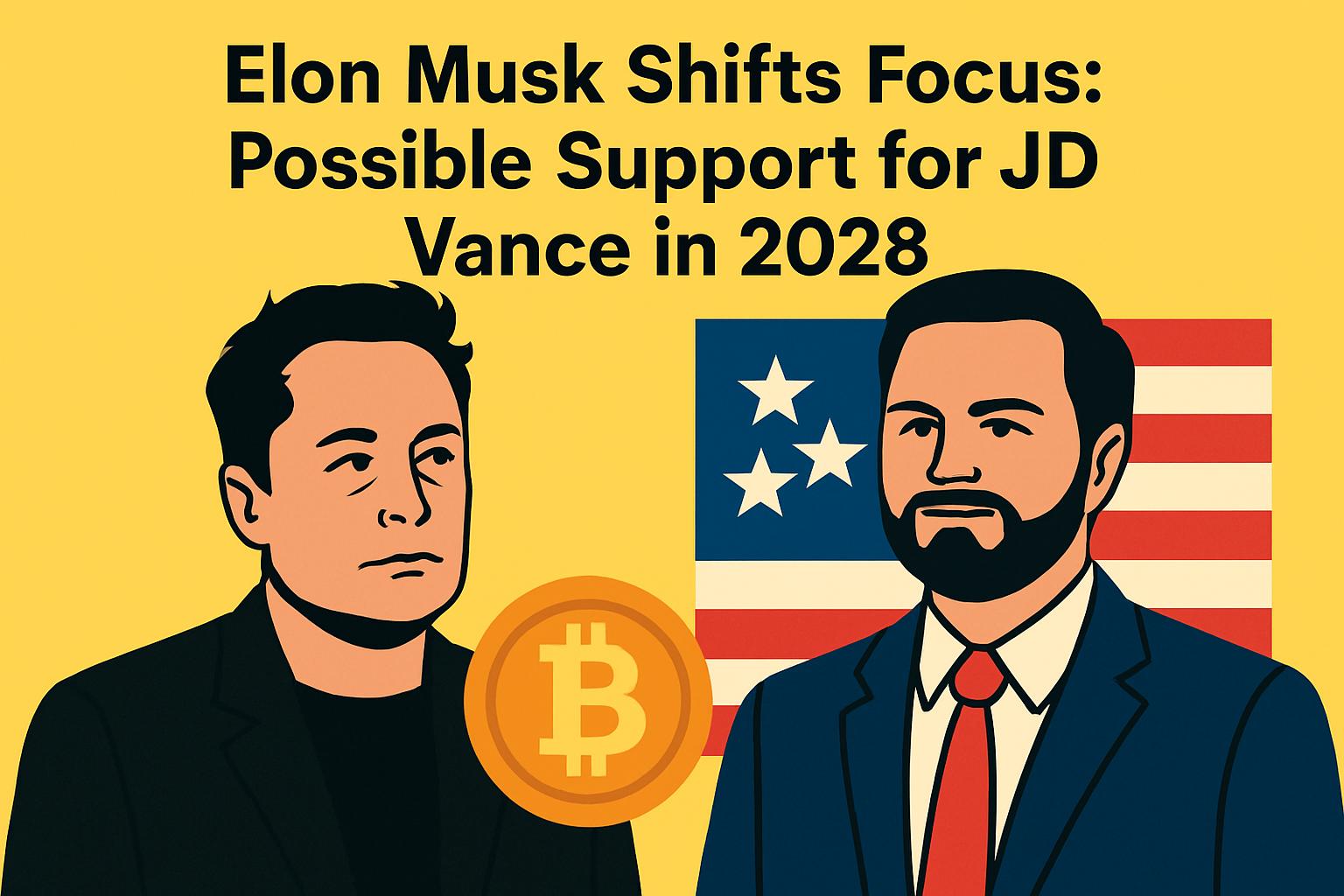In an unexpected turn of events, Elon Musk, the enigmatic tech billionaire with a knack for stirring public discourse, has apparently put the brakes on his plans to establish a new political party in the United States. Named the ‘America Party’, Musk’s proposed venture was intended to appeal to voters dissatisfied with the existing two-party system, a bold move echoing his penchant for challenging the status quo.
A Bold Proposal
In early July, Musk publicly declared his intention to create the ‘America Party’. This initiative was positioned to act as a new political voice for those disillusioned by the Democratic and Republican parties in the United States. With a focus on influencing critical seats in Congress, Musk’s plan aimed to introduce a disruptive force capable of shaking up traditional political dynamics.
Navigating Political Alliances
However, the ambitious plan quickly faced hurdles. Reports from major outlets such as The Wall Street Journal revealed Musk’s apprehension about potentially alienating influential allies within the Republican Party, notably JD Vance, the Vice President admired for his connection to the Make America Great Again (MAGA) movement. Concerned about maintaining strategic relationships, Musk has reportedly reconsidered his political foray.
The billionaire’s political calculations highlight a pragmatic shift; a commitment to his primary business interests seems to overshadow his political ambitions, at least for now. According to insiders, Musk is gradually winding down initiatives related to the America Party.
Strategic Pivot
In an intriguing development, it has been suggested that Musk may realign his resources to back JD Vance if he chooses to run for the presidency in 2028. Such support could be a strategic move to ensure continued influence within political spheres, albeit indirectly.
Winding Down the Initiative
Although an official announcement to abandon the creation of a new party hasn’t been made, signs indicate that Musk is pulling back. He and his advisors have notably stopped engaging with third-party proponents, including influential figures such as Andrew Yang and billionaire Mark Cuban. Plans for a video conference with a group advocating for third-party initiatives were also quietly shelved.
Musk’s initial political ambition, fueled by a desire for change, seems tempered by the complexities of existing political alliances. This development underscores the intricate dance between business interests and political ambitions, particularly when one stands at the intersection of global enterprise and national politics.

![[News] Bitcoin at a Turning Point? 10x Research Signals a Bullish Macro Shift Ahead](https://cryptoexplores.com/wp-content/uploads/2025/06/new20250616.jpg)
![[News] Binance Lists $HOME, the Gas-Free, Bridge-Free All-in-One DeFi App](https://cryptoexplores.com/wp-content/uploads/2025/06/news20250617.jpg)